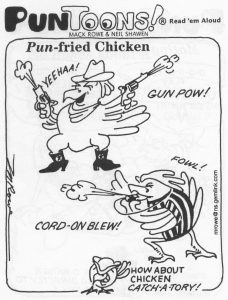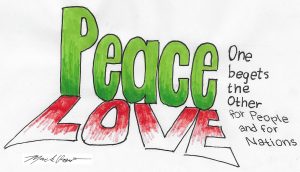
I think this speaks for itself.
A Blog About Relaxing With Doodling

I think this speaks for itself.
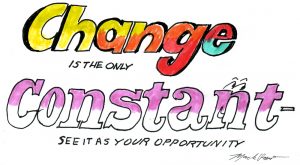
Something to keep in mind as we progress through the calendar. You can use it to your advantage.
I also published this WordToon on my blog on July 5 last year with the below attached caption. I am including it here for my readers greater understanding:
History tells us this has ever been true, also for each of us. While change can be experienced as chaotic and painful, we can also perceive it as opportunity for new ideas. How can you benefit from change?
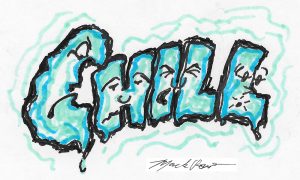
How I feel about too much air conditioning.
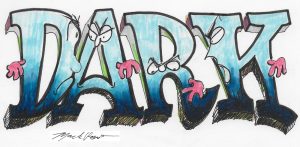
This is an awful part of what is presented to us each day. It’s important to stay in the positive energy available to avoid the dark energy.
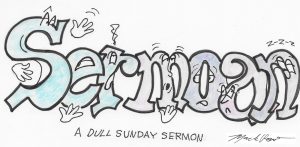
A space you’d rather not be in.
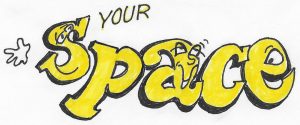
Do you have a place where you can be to yourself? And do you find the time to be with it alone? This is space for inner communication. Yes!
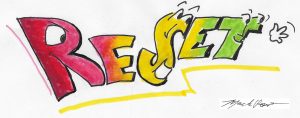
When we experience serious health /personal problems, The desire is to get through them quickly and get back to “normal’ soon. What if you choose to see this suffering is for you to change something in your life — time to ReSet your life? Perhaps it’s time to reasses, that it’s beneficial? Check it out.
When you have read most of “Jest for the Health of It!” you find you have delved into the deep recesses of the artist’s mind. Here is your proof!
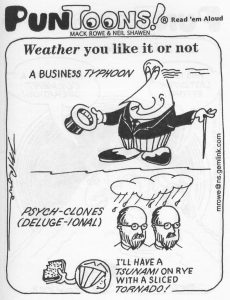
Now that you’ve read the previous eight Puntifications (see March 30 through April 7) you are ready to contemplate the mysteries of imagining images “to illustrate THE PUN.” You know…like “to dream the impossible dream.”
‘psst three cornered hat = clue to catch-a-tory’